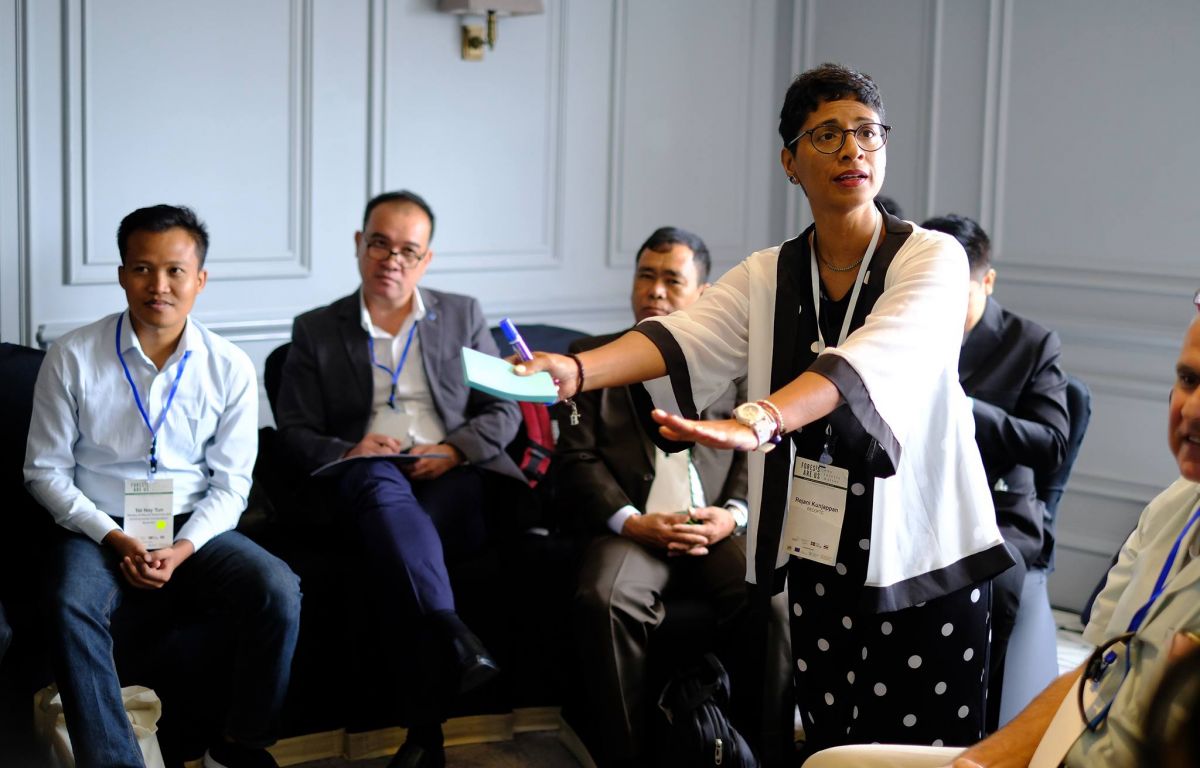Forest Landscape Restoration (FLR): Sustaining Landscapes through Local Partnerships

Forest restoration is specifically mentioned in the Sustainable Development Goals (SDGs), with Target 15.2 of the SDGs seeking “to promote the implementation of sustainable management of all types of forests, halt deforestation, restore degraded forests and sustainably increase afforestation and reforestation globally” by 2020.
Besides the global initiative on forest restoration, many countries in Southeast Asia have ambitious forest cover restoration targets. Meeting these commitments would bring benefits at the landscape level, as well as national and global scales. It would support poverty reduction, economic development, and climate change adaptation and mitigation. However, if not done well, the process of achieving these targets may also have negative consequences, such as potentially undermining the rights and well-being of local communities. For maximum benefits, practitioners need to understand the basic principles and elements that govern successful FLR practice, and be able to facilitate the various stakeholders’ interests towards achieving a common or shared goal for the landscape.
RECOFTC will hold a training course for national and sub-national level trainers and practitioners from the forestry sector and others who seek to promote FLR as a sustainable forest restoration strategy. The course will increase skills and knowledge on how to design and plan a FLR project based on country contexts.

